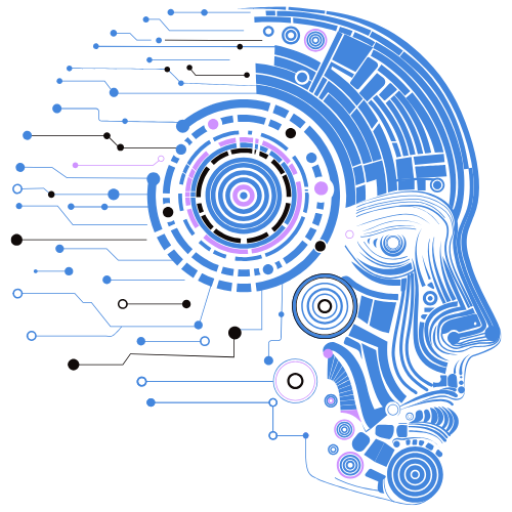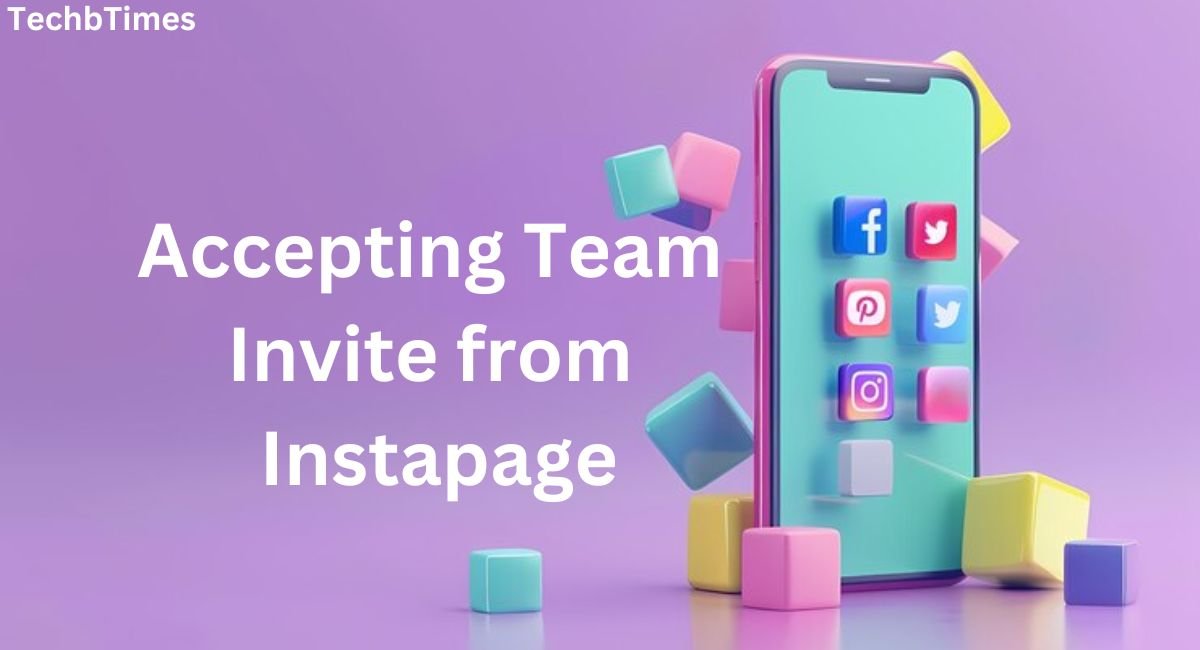In today’s rapidly evolving information landscape, libraries are more than repositories of books; they are dynamic centers of learning, technology, and community engagement. To meet these changing demands, librarians must continually update their skills and knowledge. The Cling Neweg Librarian Training program emerges as a pivotal initiative, equipping library professionals with the tools necessary to navigate and lead in modern library environments.
Understanding Cling Neweg Librarian Training
At its core, Cling Neweg Librarian Training is a professional development program tailored for librarians working in contemporary library settings. This program focuses on:
- Digital Literacy: Enhancing skills in managing digital resources and understanding emerging technologies.
- Community Engagement: Strategies to foster stronger connections between libraries and their communities.
- Innovative Services: Training on implementing new services that meet the evolving needs of patrons.
- Leadership Development: Building leadership capabilities to guide libraries through change and innovation.
By addressing these areas, the program ensures that librarians are well-prepared to handle the complexities of modern librarianship.
Key Components of the Training Program
The Cling Neweg Librarian Training program comprises several essential components:
1. Digital Resource Management
With the increasing digitization of information, librarians must be adept at managing electronic resources. This module covers:
- E-book and E-journal Management: Techniques for acquiring, cataloging, and maintaining digital collections.
- Database Navigation: Skills to effectively search and utilize various databases.
- Digital Archiving: Methods for preserving digital content for future access.
2. Community Outreach and Engagement
Libraries serve diverse communities with varying needs. This component focuses on:
- Program Development: Creating programs that cater to different demographics.
- Partnership Building: Establishing collaborations with local organizations and institutions.
- Marketing Strategies: Promoting library services to increase community awareness and participation.
3. Technological Proficiency
As technology becomes integral to library services, this module emphasizes:
- Library Management Systems (LMS): Training on the latest LMS platforms for efficient operations.
- Emerging Technologies: Understanding tools like artificial intelligence, virtual reality, and their applications in libraries.
- Cybersecurity Awareness: Ensuring the protection of digital information and patron privacy.
4. Leadership and Management
Preparing librarians for leadership roles involves:
- Strategic Planning: Developing long-term goals and actionable plans for library growth.
- Team Management: Building and leading effective library teams.
- Change Management: Navigating and implementing change within the library setting.
Benefits of Cling Neweg Librarian Training
Participating in this training program offers numerous advantages:
- Enhanced Competency: Librarians gain up-to-date skills relevant to modern library services.
- Career Advancement: Improved qualifications can lead to higher positions and responsibilities.
- Better Service Delivery: Equipped librarians can provide superior services to patrons.
- Adaptability: Training fosters the ability to adapt to technological advancements and changing community needs.
Implementing the Training in Your Library
To incorporate Cling Neweg Librarian Training into your library:
- Assess Needs: Identify the specific training needs of your staff.
- Schedule Training Sessions: Organize sessions at convenient times to ensure maximum participation.
- Encourage Continuous Learning: Promote a culture of ongoing professional development.
- Evaluate Outcomes: Regularly assess the effectiveness of the training and make necessary adjustments.
Conclusion
The Cling Neweg Librarian Training program represents a significant step forward in preparing librarians for the challenges and opportunities of the 21st-century library landscape. By focusing on digital literacy, community engagement, technological proficiency, and leadership, it ensures that library professionals are not only relevant but also indispensable in today’s information-driven society.











